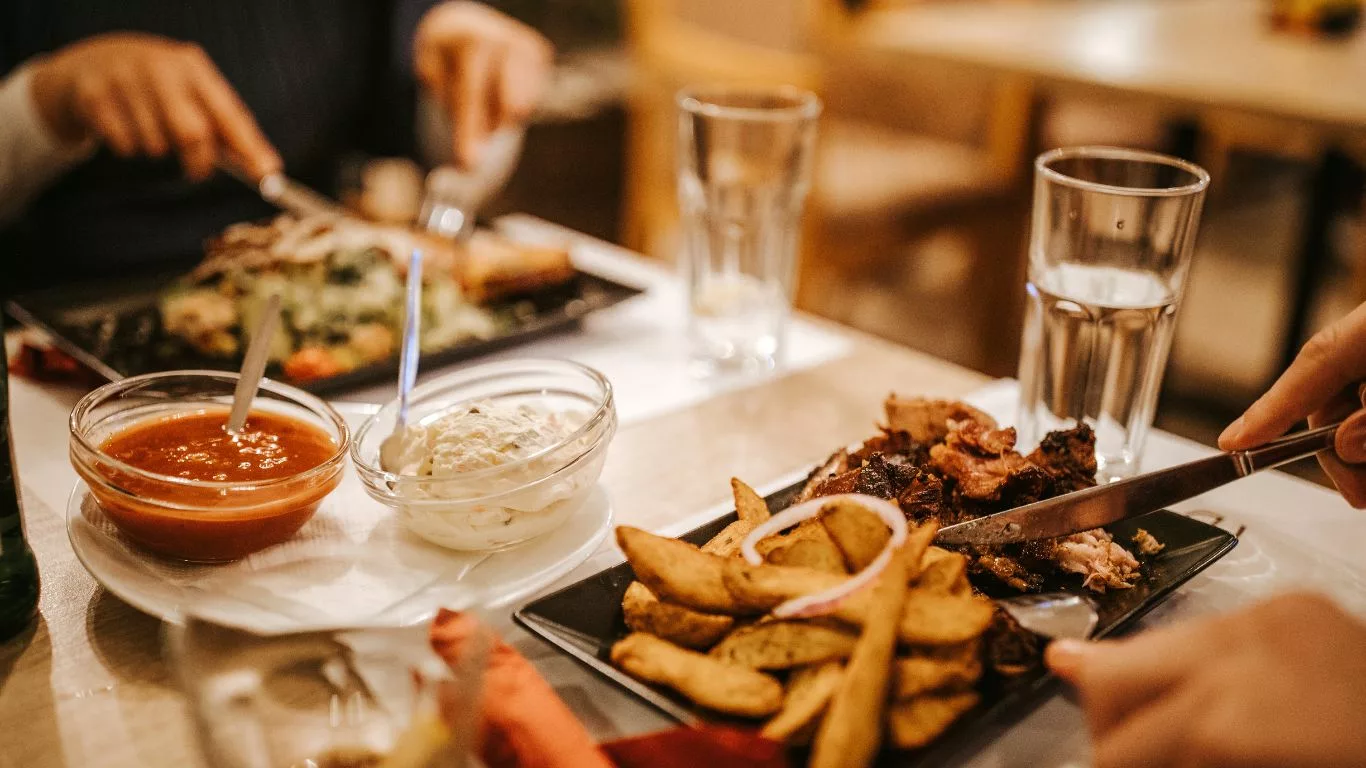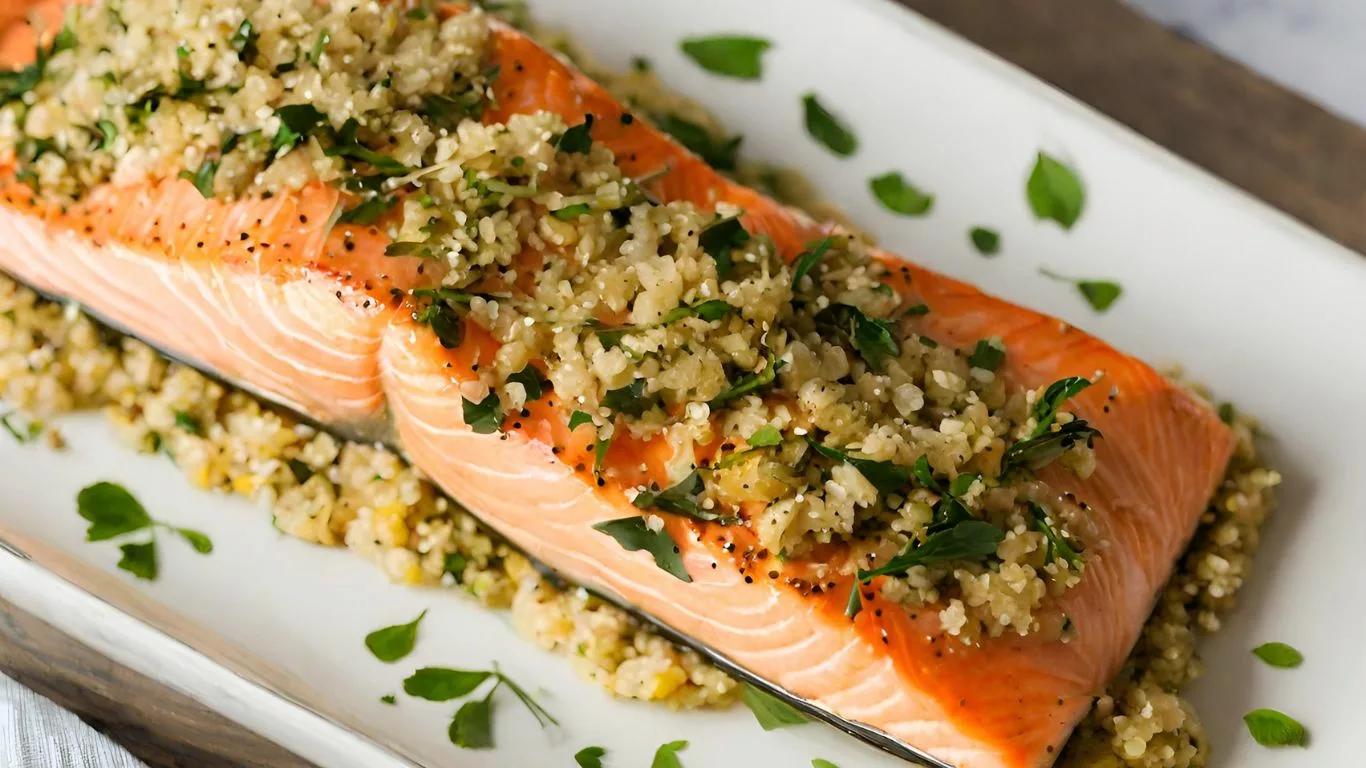Finding GERD-Friendly Restaurants: A Guide to Dining Out Comfortably
Discover how to navigate dining out with GERD by choosing GERD-friendly restaurants. Learn tips for finding suitable options and enjoying meals without discomfort.
Living with gastroesophageal reflux disease (GERD) doesn’t have to mean sacrificing enjoyable dining experiences. With careful planning and awareness, individuals with GERD can still indulge in delicious meals at restaurants while minimizing discomfort. In this guide, we’ll explore strategies for finding GERD-friendly restaurants and making the most of dining out without aggravating symptoms.
Understanding GERD-Friendly Restaurants
GERD-friendly restaurants are establishments that offer menu options and dining environments conducive to managing GERD symptoms. These restaurants typically prioritize fresh, whole foods and offer customizable dishes that cater to various dietary restrictions, including those associated with GERD.
Key Characteristics of GERD-Friendly Restaurants
- Emphasis on Fresh Ingredients: Look for restaurants that prioritize fresh, unprocessed ingredients in their dishes. Fresh produce, lean proteins, and whole grains are typically better tolerated by individuals with GERD.
- Customizable Menu Options: Opt for restaurants that allow customization of dishes to accommodate dietary preferences and restrictions. This flexibility enables individuals to make choices that align with GERD-friendly guidelines.
- Knowledgeable Staff: Seek out restaurants with staff members who are knowledgeable about dietary restrictions and can provide helpful recommendations or modifications to menu items to suit GERD needs.
- Comfortable Dining Environment: Choose restaurants with a relaxed ambiance and comfortable seating arrangements. Stress and discomfort can exacerbate GERD symptoms, so a calming atmosphere can enhance the dining experience.

Tips for Finding GERD-Friendly Restaurants
Research Beforehand
Before choosing a restaurant, conduct online research to assess menu options, reviews, and customer feedback. Look for mentions of GERD-friendly dishes or accommodations for dietary restrictions.
Utilize Dietary Apps
Utilize smartphone apps designed to help users find restaurants that cater to specific dietary needs. These apps often allow users to filter search results based on dietary preferences, including GERD-friendly options.
Communicate with Restaurant Staff
When making reservations or upon arrival, communicate your dietary needs to the restaurant staff. They can provide guidance on suitable menu choices or accommodate special requests to ensure a comfortable dining experience.
Opt for Simple Preparations
Choose dishes with simple preparations that are less likely to trigger GERD symptoms. Grilled, steamed, or baked options are generally safer choices compared to fried or heavily seasoned dishes.

Enjoying Meals at GERD-Friendly Restaurants
Mindful Eating Practices
Practice mindful eating by chewing slowly and savoring each bite. Avoid overeating, as large meals can exacerbate GERD symptoms. Listen to your body’s cues of fullness and stop eating when satisfied.
Stay Hydrated
Stay hydrated by drinking water throughout the meal. Avoid carbonated beverages, caffeine, and alcohol, as these can trigger or worsen GERD symptoms.
Be Prepared with Medication
Carry any prescribed or over-the-counter medications for GERD relief, such as antacids or proton pump inhibitors, when dining out. Taking medication as directed can help alleviate symptoms and prevent discomfort.

Conclusion
Dining out with GERD requires thoughtful planning and awareness, but it’s entirely possible to enjoy delicious meals without aggravating symptoms. By choosing GERD-friendly restaurants, conducting research beforehand, and practicing mindful eating habits, individuals with GERD can dine out comfortably and confidently. Remember to prioritize your health and well-being while savoring the dining experience.
Appendices
References
National Institute of Diabetes and Digestive and Kidney Diseases (NIDDK). (2022). Gastroesophageal Reflux (GER) and Gastroesophageal Reflux Disease (GERD). Read Article.
FAQs
Here are some frequently asked questions about dining out with GERD:
- Can I still dine out with GERD? Yes, with careful planning and awareness, individuals with GERD can enjoy dining out by choosing GERD-friendly restaurants and making mindful menu choices.
- What should I avoid when dining out with GERD? It’s best to avoid trigger foods and beverages, such as spicy foods, citrus fruits, caffeine, alcohol, and fatty or fried foods, which can exacerbate GERD symptoms.
- How can I communicate my dietary needs to restaurant staff? When making reservations or upon arrival, inform the restaurant staff about your dietary restrictions or preferences, including GERD-related concerns. They can offer guidance and accommodate special requests.
Related Table
Here’s a summary table of key tips for finding and dining at GERD-friendly restaurants:
| Aspect | Recommendations |
|---|---|
| Research Beforehand | Conduct online research, read reviews, and utilize dietary apps |
| Communicate with Restaurant Staff | Inform staff of dietary needs and ask for recommendations or accommodations |
| Menu Choices | Choose simple preparations, avoid trigger foods, and practice mindful eating |
Note: Always consult with a healthcare professional for personalized dietary advice and management strategies for GERD.
Disclaimer: The information provided in this article is for educational and informational purposes only. It is not intended to be a substitute for professional medical advice, diagnosis, or treatment. Always seek the advice of your physician or other qualified health provider with any questions you may have regarding a medical condition. Never disregard professional medical advice or delay in seeking it because of something you have read in this article. Reliance on any information provided in this article is solely at your own risk.

Camellia Wulansari is a dedicated Medical Assistant at a local clinic and a passionate health writer at Healthusias.com. With years of hands-on experience in patient care and a deep interest in preventive medicine, she bridges the gap between clinical knowledge and accessible health information. Camellia specializes in writing about digestive health, chronic conditions like GERD and hypertension, respiratory issues, and autoimmune diseases, aiming to empower readers with practical, easy-to-understand insights. When she’s not assisting patients or writing, you’ll find her enjoying quiet mornings with coffee and a medical journal in hand—or jamming to her favorite metal band, Lamb of God.







